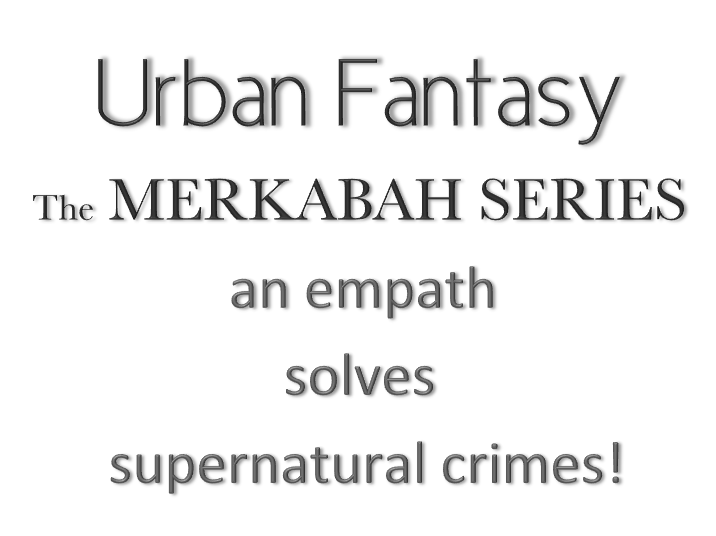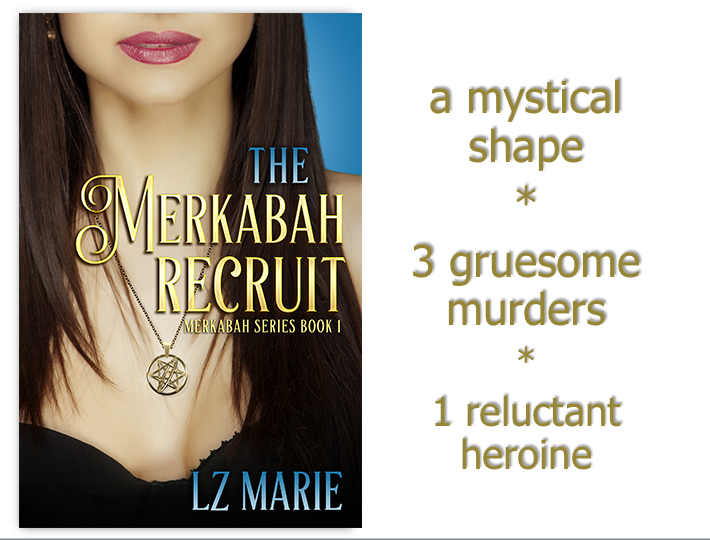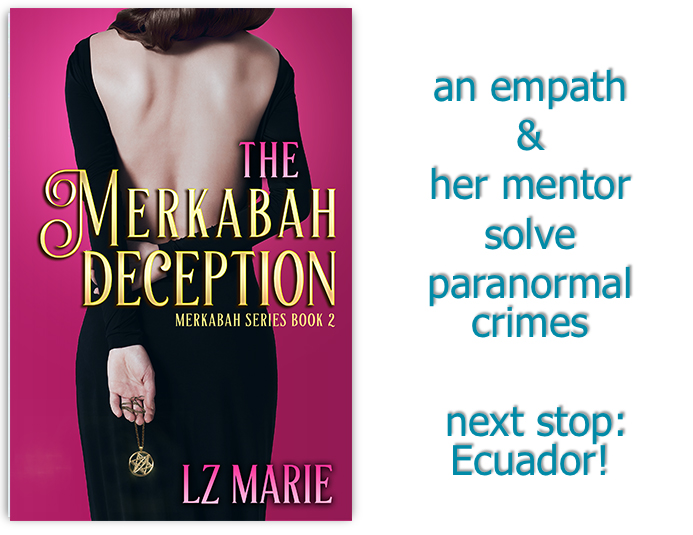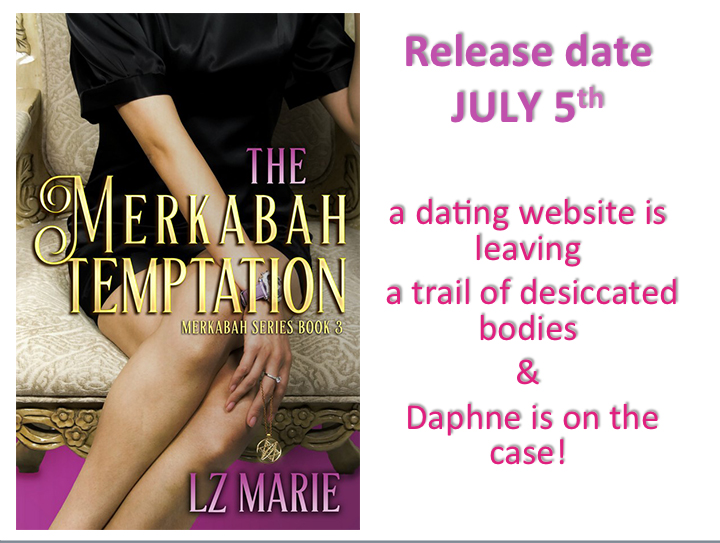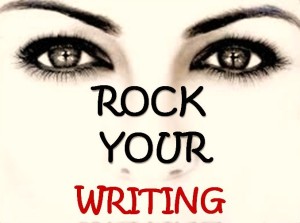 WE love movies because we can SEE the action and HEAR voices. And until theaters have surround Smell & Touch—as Aldous Huxley wrote about in Brave New World—the WRITTEN word still has the advantage!
WE love movies because we can SEE the action and HEAR voices. And until theaters have surround Smell & Touch—as Aldous Huxley wrote about in Brave New World—the WRITTEN word still has the advantage!
In literary terms, IMAGERY is a picture made from words. (Writers, this might be a source of pleasure & joy or frustration & agony). The beauty of imagery is that it creates tone and mood. One can describe creepy things using dark, gloomy words OR NOT.
Don’t forget to include imagery (SHOW, don’t tell) in your work.
Types of Imagery:
- auditory (sound): Is it loud, strident, a cacophony, a symphony? Sometime using a simile helps. It sounded like _______. Similes can get old fast, though. Can you turn the noun into an adjective? I once listened to a South American howler monkey call 20 times on youtube before I could describe its unique vocalizations.
- EX: Overlaying all this, a soundtrack:choo-k-choo-k-choo-k-choo-k-choo-k–the metronomic rhythm of an Amtrak train rolling down the line to California, a sound that called to mind an old camera reel moving frames of images along a linear track, telling a story.
- visual (sight): Too often I see new writers use words like “amazing” or “spectacular” to describe a view. Those words do not help the read see the amazingness!
- EX: “…or the life of him, he couldn’t figure why these East Enders called themselves black. He kept looking and looking, and the colors he found were gingersnap and light fudge and dark fudge and acorn and butter rum and cinnamon and burnt orange. But never licorice, which, to him, was real black.”
- tactile (touch): There’s lots of great sites and lists for “touch” imagery. Even a Thesaurus search yields results. Stay away from the banal—a word like rough is vague. There’s 2-day old facial hair rough, sandpaper rough, stucco rough, tree bark rough….
- thermal (hot/cold):Remember, heat and cold are connected to emotions. One can be “hot” with passionate or “hot with anger. A person may have a “cold” unemotional personality OR their “cold” actions may reveal cruel intentions.
- olfactory (smell): I sniff my spice rack often to get handle on a fragrance I want to portray.
- gustatory (taste): It tasted yummy? Oh, please! Use descriptors to bring the flavor & texture of the food to your readers. Have you ever read a novel where you are hungry for the food/drink consumed by the characters? If I’m reading an English novel, I eschew coffee for tea!
- EX: “Tumbling through the ocean water after being overtaken by the monstrous wave, Mark unintentionally took a gulp of the briny, bitter mass, causing him to cough and gag.”
- kinesthetic (sensation of movement):“At last, swooping at a street corner by a fountain, one of its wheels came to a sickening little jolt, and there was a loud city from a number of voices, and the horses reared and plunged.”
- Organic: Describes feelings, emotions, and intent.
When does one add in imagery? There’s no rule. I add imagery in the second draft, tweak & fine tune the diction in a 3rd draft—and might toss some out in a 4th draft because it was unnecessary.
Let’s take a look at two of the masters!
The opening paragraph of Fahrenheit 451 by Ray Bradbury
- It was a pleasure to burn. It was a special pleasure to see things eaten, to see things blackened and changed. With the nozzle in his fists, with this great python spitting its venomous kerosene upon the world, the blood pounded in his head, and his hands were the hands of some amazing conductor playing all the symphonies of blazing and burning to bring down the tatters and charcoal ruins of history. With his symbolic helmet numbered 451 on his solid head, and his eyes all orange flame with the thought of what came next, he flicked the igniter and the house jumped up in a gorging fire that burned the evening sky red and yellow and black. He strode in a swarm of fireflies. He wanted above all, like the old joke, to shove a marshmallow on a stick in the furnace, while the flapping pigeon-winged books died on the porch and lawn of the house. While the books went up in sparkling whirls and blew away on a wind turned dark with burning.
Here’s another from Paradise of the Blind by Duong Thu Huong:
- The song echoed blue and icy through our space. Outside, the sun shone, but here, I could feel the chill of exile under my skin, in my bones. The song resonated like the thinnest thread of silver lost in the blue of the sky. I followed it and felt myself pulled back to the edge of the earth, to a familiar river and beach of blinding white sand. A ripped sail tossed amid the waves, buffeted by the sharp, anguished cries of migratory birds as they prepared for flight.
Have fun getting your readers to SEE, HEAR, TOUCH, FEEL, SMELL your world!
Related Links: Rock Your Writing; Click Amazon for novels.


